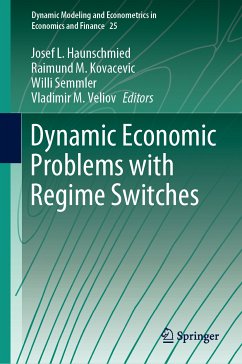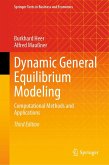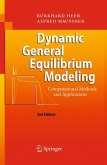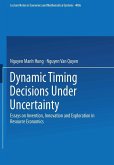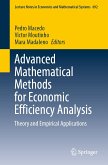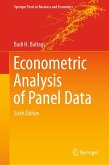This book presents the state of the art in the relatively new field of dynamic economic modelling with regime switches. The contributions, written by prominent scholars in the field, focus on dynamic decision problems with regime changes in underlying dynamics or objectives. Such changes can be externally driven or internally induced by decisions. Utilising the most advanced mathematical methods in optimal control and dynamic game theory, the authors address a broad range of topics, including capital accumulation, innovations, financial decisions, population economics, environmental and resource economics, institutional change and the dynamics of addiction. Given its scope, the book will appeal to all scholars interested in mathematical and quantitative economics.
Dieser Download kann aus rechtlichen Gründen nur mit Rechnungsadresse in A, B, BG, CY, CZ, D, DK, EW, E, FIN, F, GR, HR, H, IRL, I, LT, L, LR, M, NL, PL, P, R, S, SLO, SK ausgeliefert werden.

